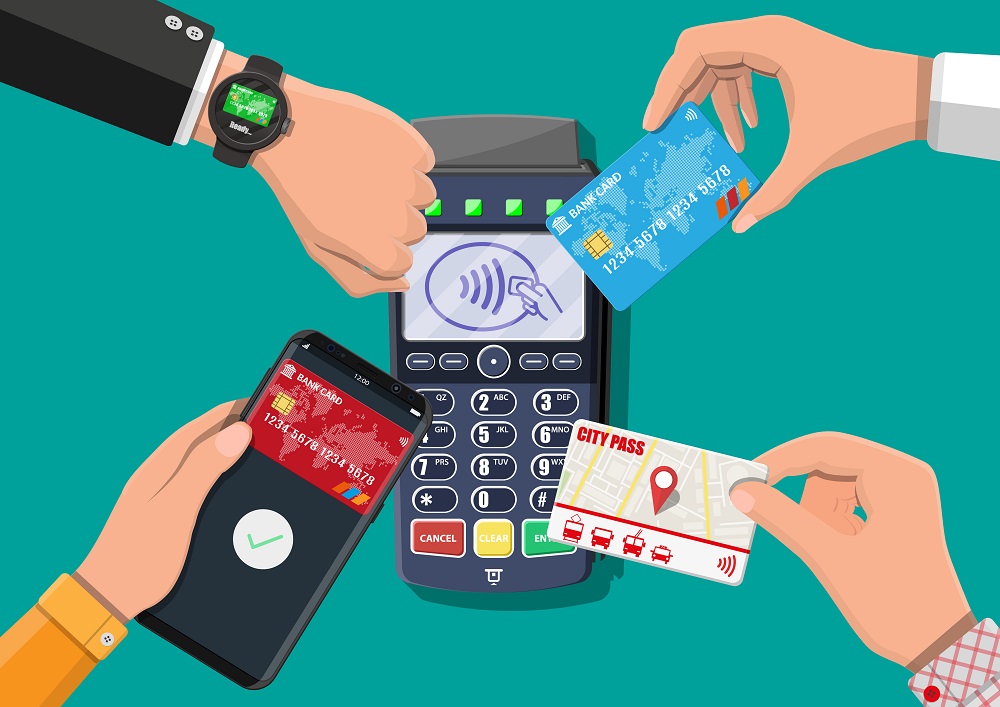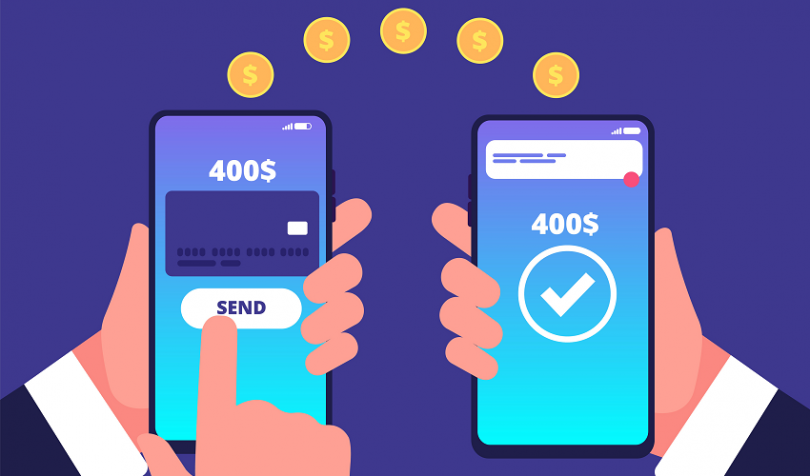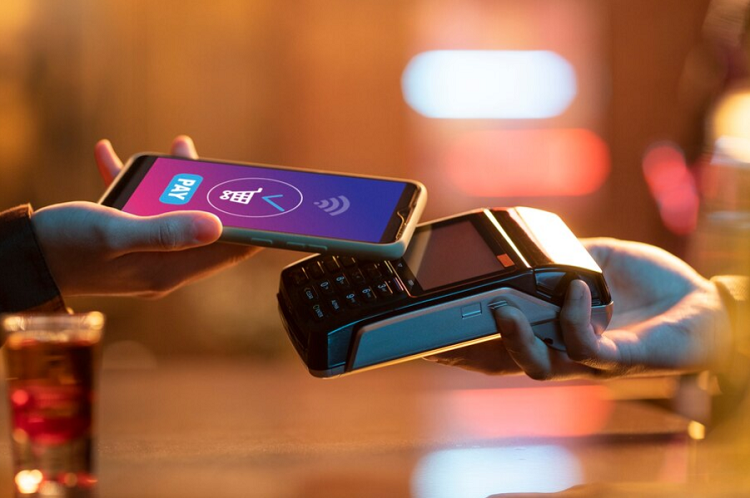Table of Contents
What are Digital Payments?
Digital payments are a type of financial transaction that is processed electronically. Unlike traditional methods of payment such as cash or checks, digital payments do not require physical currency or a physical presence to process transactions. Digital payments are processed through various digital channels such as mobile phones, computers, and other digital devices.
Types of Digital Payments
There are various types of digital payments that people use to transfer money or make purchases. Some of the most common types of digital payments are:
- Mobile Wallets: Mobile wallets are digital wallets that allow people to store their credit or debit card information and other payment details. They are used to make payments for goods and services or transfer money to other people.
- Online Banking: Online banking allows people to transfer money from one bank account to another through the internet. It is a safe and convenient way to manage money and pay bills online.
- Peer-to-Peer Payments: Peer-to-peer payments are transactions that occur between individuals without the involvement of a financial institution. Examples include PayPal, Venmo, and Zelle.
- Contactless Payments: Contactless payments are a type of digital payment that uses near-field communication (NFC) technology to enable payments without physical contact between the payment device and the point of sale terminal.
- Cryptocurrencies: Cryptocurrencies are digital currencies that use cryptography to secure transactions and control the creation of new units. They are decentralized and operate independently of a central bank.
Benefits of Digital Payments
Digital payments offer several benefits to both consumers and businesses. Some of the benefits include:
- Convenience: Digital payments allow people to make transactions from anywhere at any time using their digital devices.
- Security: Digital payments are more secure than traditional methods of payment such as cash or checks. They use advanced encryption and authentication technologies to protect personal and financial information.
- Speed: Digital payments are processed instantly, which means that transactions are completed quickly and efficiently.
- Cost-effective: Digital payments are often less expensive than traditional payment methods, such as checks or wire transfers.
- Accessibility: Digital payments are accessible to everyone, regardless of their location or financial status.
In conclusion, digital payments are an important part of our modern financial system. They offer a convenient, secure, and cost-effective way to manage money and make transactions. As technology continues to evolve, digital payments will become even more prevalent and integral to our daily lives.





